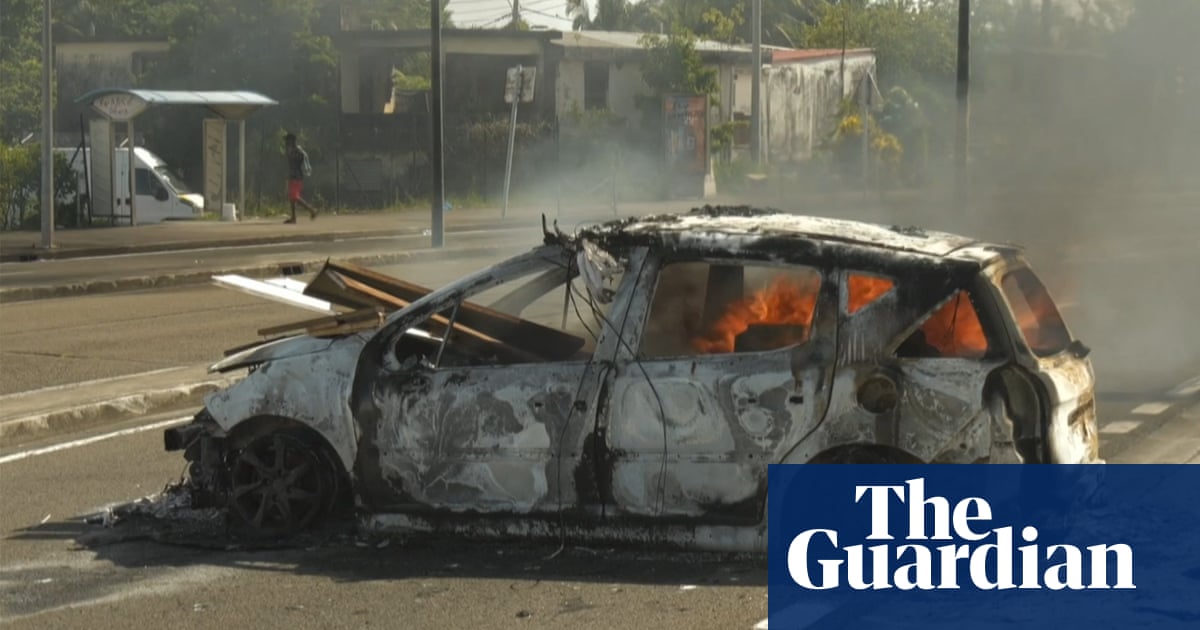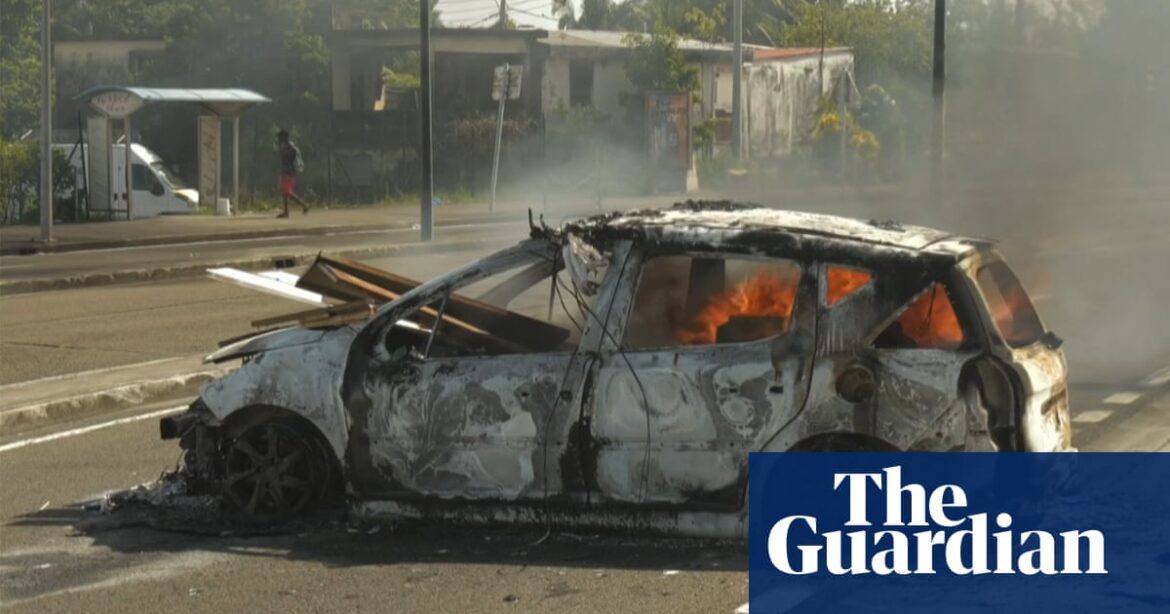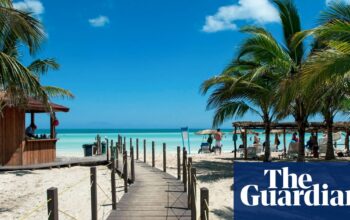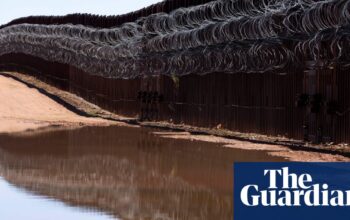
Officials in the French Caribbean island of Martinique have imposed a 9pm to 5am curfew in parts of its capital to quell escalating violent protests over the high cost of living.
According to Radio France International (RFI), at least 14 people, including 11 police, have been injured – some by firearms – as alarming scenes on social media showed vehicles engulfed in flames, gutted buildings and heavily geared riot police marching towards the protests.
Standing outside a completely destroyed McDonald’s, the chain’s Martinique director, Marie-Kelly Roussas, told France 24 that it would take months to rebuild the restaurant, affecting dozens of low-income workers.
The office of Martinique’s France-appointed prefect, Jean-Christophe Bouvier, said the curfew will extend to 23 September and was intended to protect the population and businesses and restore law and order.
But demonstrators say they were forced to protest after authorities and businesses turned a blind eye to petitions to bring down the cost of living.
French national statistics show marked disparities between the cost of living in mainland France and overseas territories, with Martinique residents paying an estimated 30% to 42% more for food.
France’s interior minister, Gérald Darmanin last year pledged to tackle the issue of companies using their market dominance to inflate prices, but residents of the Caribbean island say they are still struggling to make ends meet.
Rodrigue Petitot, the leader of the Rally for the Protection of Afro-Caribbean Peoples and Resources, which has had an ongoing campaign to address the cost of living, told France 24 that the priority of the protest is to ensure people are able to afford food.
Shazi Chalon, the business and cultural attache for the St Lucia consulate in Martinique, said there are “other grievances” at the heart of the protest.
“Martinique is supposed to be a department of France, which means that the people here are supposed to be on the same level with France, but there are many people who look at it differently and see that there is a huge disparity in the manner in which France manages Martinique – in the sense that they believe that in a majority-Black country, all of the people who hold the highest positions here … are from France,” he added.
after newsletter promotion
Chalon, who holds dual St Lucia and Martinique citizenship, said there is also concern about the ongoing impact of historical inequalities. “You have the local white population who, some of them whose grandparents and ancestors, way back to slavery days, owned plantations, who … today wield most of the economic power in Martinique, and own most of the agricultural land, own most of the business sector as well,” he said.
Source: theguardian.com



